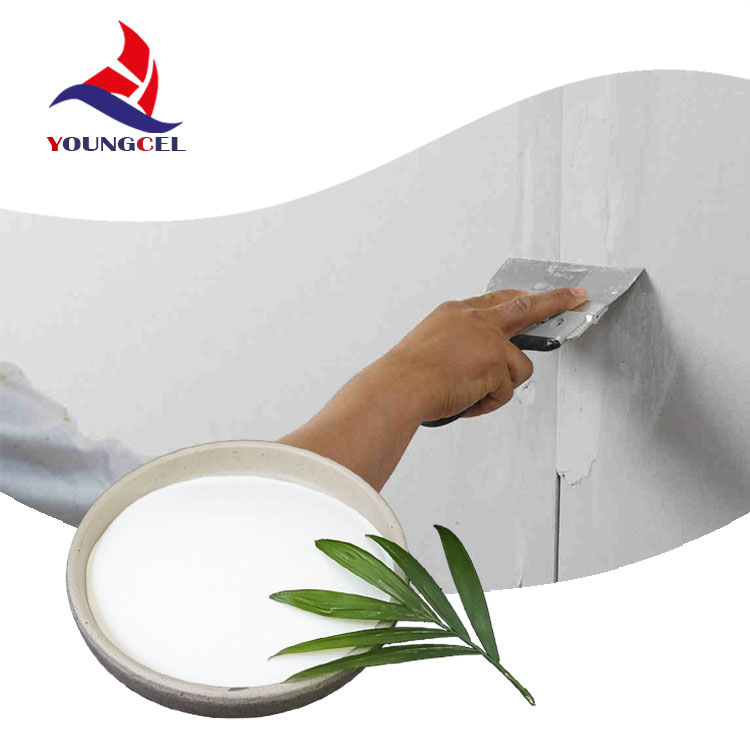The Importance of Ceramic Tile Adhesive in Construction
Ceramic tiles are a popular choice for both residential and commercial flooring and wall applications due to their aesthetic appeal, durability, and ease of maintenance. However, the key factor that ensures the longevity and stability of ceramic tile installations is the adhesive used to bond the tiles to the substrate. Ceramic tile adhesive, also known as tile glue or thin-set mortar, plays a crucial role in preventing tile cracking, chipping, and displacement, making it essential for any tiling project.
Types of Ceramic Tile Adhesive
Ceramic tile adhesives come in various types, each suited for specific applications. The most common types include cement-based adhesives, epoxy adhesives, and mastic adhesives.
1. Cement-based Adhesives These are the most widely used adhesives in the industry. Composed mainly of cement, sand, and polymers, they provide excellent bonding strength and durability. Cement-based adhesives can be further categorized into thin-set mortars and thick-bed mortars. Thin-set mortars are typically used for interior installations, while thick-bed mortars are ideal for exterior or heavy-load applications.
2. Epoxy Adhesives Epoxy adhesives are known for their superior bonding strength and resistance to moisture, chemicals, and temperature fluctuations. They are often used in areas prone to heavy traffic or where tiles are exposed to harsh conditions, such as commercial kitchens or outdoor spaces. Despite their advantages, epoxy adhesives can be more challenging to work with and require precise mixing and application.
3. Mastic Adhesives Mastic is a pre-mixed adhesive primarily made from organic compounds. It is easier to apply than cement-based adhesives and is suitable for dry indoor applications. However, mastic is not recommended for wet areas or exterior installations, as it does not offer the same level of moisture resistance.
Benefits of Using the Right Adhesive
ceramic tile adhesive

Choosing the right ceramic tile adhesive is critical for the success of any tiling project. The benefits of using the appropriate adhesive include
- Enhanced Bond Strength Using a high-quality adhesive ensures a strong bond between the tile and substrate, reducing the risk of tiles becoming loose or cracking over time.
- Increased Durability A well-chosen adhesive can withstand environmental stressors such as moisture, temperature changes, and heavy loads, contributing to the overall longevity of the tile installation.
- Versatility Different adhesives are formulated for various substrates, including concrete, plywood, and drywall. Selecting the correct adhesive type allows for versatility in design and installation methods.
- Ease of Installation Many modern adhesives are designed for ease of use, offering quicker setting times and extended working windows, which can save time during installation.
Conclusion
In conclusion, ceramic tile adhesive is a vital component in the construction and renovation of spaces requiring tile installations. The selection of the right adhesive can significantly influence the performance and longevity of the tiles. With several types available, it is crucial to consider the specific requirements of each project, including the environment, substrate, and type of tiles being used. Investing in high-quality ceramic tile adhesive not only ensures a visually appealing finish but also contributes to the overall safety and durability of the installation, making it a critical factor in any tiling endeavor.
-
Rdp Powder: Key Considerations for Wholesalers in the Building Materials IndustryNewsJul.08,2025
-
Key Considerations for Wholesalers: Navigating the World of Hpmc - Based ProductsNewsJul.08,2025
-
Hpmc Detergent: Key Considerations for WholesalersNewsJul.08,2025
-
Key Considerations for Wholesalers: China Hpmc For Tile Adhesive, Coating Additives, Concrete Additives, and MoreNewsJul.08,2025
-
Crucial Considerations for Wholesalers: Navigating the World of Construction MaterialsNewsJul.08,2025
-
Key Considerations for Wholesalers Sourcing Additive For Cement, Additive For Concrete, Additive For Putty from Additive Manufacturer Shijiazhuang Gaocheng District Yongfeng Cellulose Co., Ltd.NewsJul.08,2025




